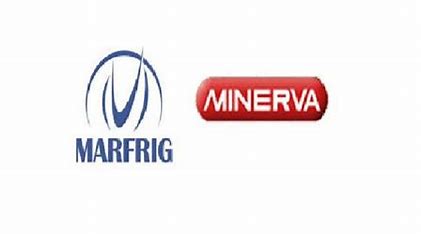Federal Regional Court of 1st Region gives company 90 days to implement app market changes ordered by CADE
03/06/2025
The Federal Regional Court of the 1st Region (TRF-1) has overturned a trial ruling and reinstated an injunction imposed by the Administrative Council for Economic Defense (Cade) on Apple, as part of an investigation into alleged abuse of dominant position in the app distribution market for iOS devices. According to the ruling, the company will have 90 days to implement the changes mandated by the antitrust authority.
At the end of November, Cade’s General Superintendence launched an administrative proceeding against Apple to investigate suspicions of dominant position abuse and issued a series of injunctions to allow, for example, apps to inform users about alternative means of purchasing the products they offer.
Apple subsequently won a ruling from the Federal Court of the Federal District to overturn the injunctions. However, Second Judge Pablo Zuniga of TRF-1 reversed that ruling on the afternoon of February 5.
According to the federal judge, Apple’s argument that there is no urgency in implementing the changes imposed by Cade’s technical department is unfounded. “The closed structure of iOS and the restrictions imposed on third-party app sales are precisely the factors that justify the preventive action of the antitrust authority, as maintaining them without any intervention may hinder the entry of new competitors and impede the restoration of competition in the sector,” the judge noted.
However, Judge Zuniga granted Apple more time to implement the changes. Now, the company will have 90 days to adopt the procedures mandated by Cade, compared to the initially stipulated 20 days.
The magistrate also noted that the injunction “does not hinder Apple’s business model but only imposes adjustments that can be reversed if the final decision in the administrative process is favorable to the aggrieved party.”
“Apple has already complied with similar obligations in other countries without demonstrating significant impact or irreparable harm to its economic model,” the judge pointed out. “The implementation of structural changes in operating systems, indeed, requires some planning and technical development, which may demand more time than stipulated in the administrative decision,” he considered in the ruling.
Furthermore, he wrote that regarding the urgency of the injunction, “it arises from the fast-paced dynamic of the technology market, in which the duration of an anticompetitive practice can determine its irreversibility, even if later deemed illicit.”
The case reached Cade in 2022 following a complaint by marketplace Mercado Livre. The company alleged that Apple was abusing its dominant position in the app distribution market for iOS devices.
The antitrust body argues that big tech companies impose a series of restrictions on app developers of digital goods and services regarding in-app purchases, configuring a dominant position.
In a statement to Valor, Apple said that the preventive measures imposed by the Administrative Council for Economic Defense (Cade), now reinstated by the Federal Regional Court of the 1st Region, may “compromise the privacy and security of our users,” and vowed to appeal the decision.
“Apple believes in vibrant and competitive markets where innovation can flourish. We face competition in every segment and jurisdiction where we operate, and our focus is always the trust of our users,” the statement reads.
*By Guilherme Pimenta, Valor — Brasília
Source: Valor International

/i.s3.glbimg.com/v1/AUTH_37554604729d4b2f9f3eb9ad8a691345/internal_photos/bs/2023/D/p/jDs9uPQROLaMX35Ar4yQ/057-repar-petrobras.jpg)
